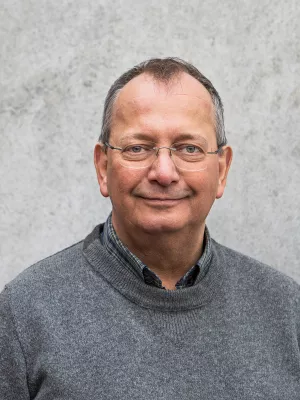
Jens Rydström
Professor emeritus

“Don’t forget that matrimony is a holy act, even when it is a civil ceremony”: Changes in sexual norms and the conceptualization of gay families in Scandinavia since the 1990s
Författare
Summary, in English
Between 1989 (Denmark) and 2002 (Finland), Scandinavian lesbians and gays were granted limited marital rights that also barred them from adoption, assisted fertilization, and joint custody of children. In 2009, however, Norway and Sweden adopted gender-neutral marriage laws, and all other Scandinavian countries have recognized the right of same-sex couples to raise children. The registered partnership laws were narrowly accepted by the parliaments while gender-neutral marriage was carried by broad majorities (67 percent in Norway and 92 percent in Sweden). Shortly thereafter, the State Church in both countries accepted church weddings of same-sex couples. The conceptual image of homosexual couples has thus evolved from barren relationships to that of fertile rainbow families existing in many different forms. Resistance to gay marriage has become relegated to the Christian Democratic parties.
Drawing on Gayle Rubin and Lee Edelman, this paper will discuss the rapid shift in sexual norms and the conceptualization of same-sex couples in Scandinavia. It argues that the registered partnership laws themselves have contributed to changing the discursive field. In this process, the alternatives discussed in the 1970s and 1980s, involving extended families, have disappeared from the discussions: the idea of lifelong fidelity between two persons has become the norm. However, the many same-sex parents who now demand to be included in the welfare state fabric of maternity wards, day-care centers, and schools, truly challenge old norms of what a family can look like.
Avdelning/ar
- Genusvetenskapliga institutionen
Publiceringsår
2011
Språk
Engelska
Fulltext
- Available as PDF - 135 kB
- Download statistics
Dokumenttyp
Konferensbidrag
Ämne
- Gender Studies
Nyckelord
- homosexuality
- gay marriage
- registered partnership
- Scandinavia
Conference name
American Historical Association's 125 Annual Meeting
Conference date
2011-01-07
Conference place
Boston, Massachusetts, United States
Status
Unpublished

